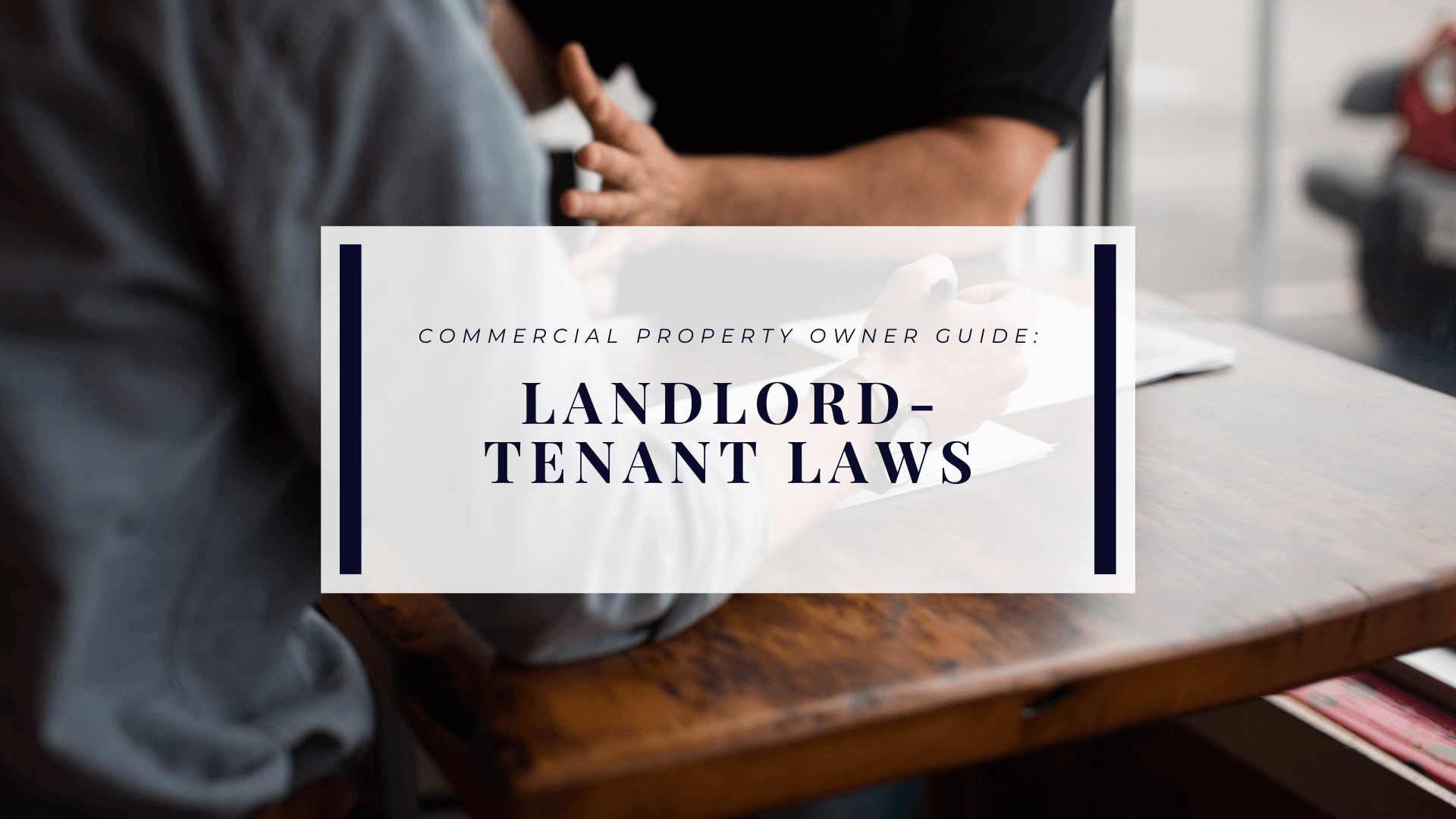Commercial and residential properties are two broad types of properties based on their utility. As a result of the differences in the nature of their occupancy and functionalities, their maintenance, rent requirements, and rental laws also stand poles apart.
If you're planning to buy a commercial property in LA County and rent it out, it is critical for you to know about the landlord-tenant laws for your commercial unit.
Differences Between Commercial and Residential Leases
Under California law, the landlord-tenant laws for commercial and residential properties are considerably different. Commercial leases offer fewer legal protections to their renters, as compared to residential renters.
While a residential lease mandates that the landlord provide the basic amenities and safe living conditions to their renters, a commercial lease calls for a mindful negotiation from both sides, with the owner and the tenant being on the same page.
Under a commercial agreement, your tenant agrees to use the property for commercial or business purposes only. It could be used to set up an office, or even a warehouse, depending on the purpose and utility of the same. Such spaces cannot be used for living.
Also, the lease agreements for commercial units are mostly long-term. It also bars the occupant from prematurely terminating the lease.
Landlord Laws and Responsibilities for a Commercial Property
The main responsibilities of an LA County commercial property owner are:
- Regular maintenance and upkeep
- Ensure that the unit is habitable and safe
- Regular inspection of the place
- Maintain the standards by the implied warranty of suitability.
Although the law of implied warranties for commercial properties is still underway, the following criteria have been held to be sufficient by the courts, for a breach of the implied warranty:
- Constant water leakage from roof, ceiling, or walls
- Major faults in the sewage or drainage system
- Inefficient air conditioning, electricity, or other building services
In accordance with the implied covenant of quiet enjoyment, the rental owner must ensure that the use and enjoyment of the property are not compromised. The covenant of quiet enjoyment is included in every Californian lease. However, unlike residential leases, the commercial lease parties can alter or waive such a covenant.
Commercial Tenant Responsibilities
Before signing any lease as a commercial tenant, make sure that you understand the basic terms, rent amount, fee structure and other conditions related to the use of the property. According to Civil Code 1950.8, the lease amount needs to be specified in the lease itself.
Since the commercial tenants do not have the same rights as residential tenants, any improvements or adjustments will have to be negotiated with the landlord. Due to the lack of rent control in commercial buildings, you may face rent increases, minor repair and maintenance charges, and property taxes. You must ensure that the property is used solely for commercial purposes.
 Understanding the legal complexities of landlord-tenant laws can be exhausting, especially if you own multiple properties and manage them personally. A qualified Los Angeles property management company such as Bell Properties can assist you in handling your commercial investment concerns in a more comprehensive, informed, and efficient manner. Contact us for more info.
Understanding the legal complexities of landlord-tenant laws can be exhausting, especially if you own multiple properties and manage them personally. A qualified Los Angeles property management company such as Bell Properties can assist you in handling your commercial investment concerns in a more comprehensive, informed, and efficient manner. Contact us for more info.


